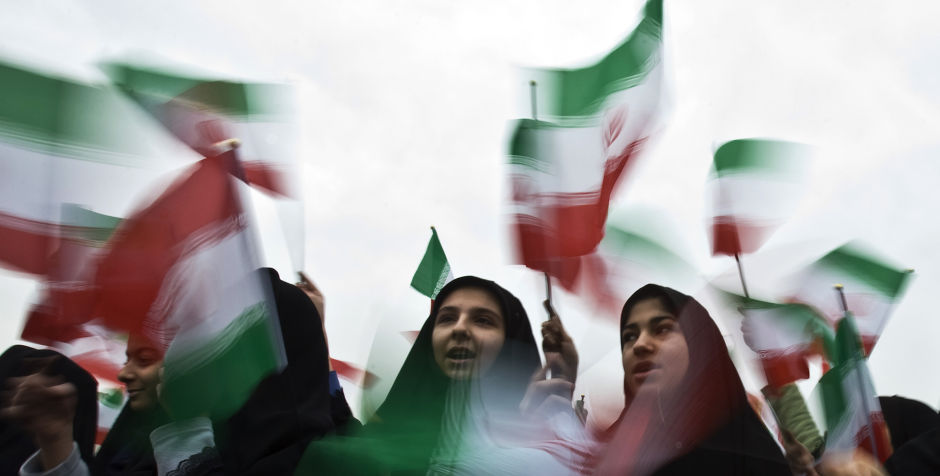Justice Denied: Iran’s Human Rights Record Declines Further
“All Iranian people should feel there is justice. Justice means equal opportunity. All ethnicities, all religions, even religious minorities, must feel justice.”
In reading this quote, many would guess it might have come from a great stalwart defender for religious freedom. But in actuality, these words were spoken by Iranian President Hassan Rouhani during his campaign for Presidency. Over the last two weeks, however, it has become overwhelmingly evident that these words are hollow in their meaning.
According to a recently released joint report by the Christians in Parliament APPG and the APPG for International Freedom of Religion or Belief, out of the United Kingdom, “throughout the first 18 months of [President Rouhani’s] term, there has been continuing systemic persecution and discrimination against Christians and other religious minorities in Iran.”
After a formal inquiry, in which the groups took testimony of Iranian experts and Christians who had been persecuted in Iran, the report states that the government of Iran “continues to construe legitimate Christian activities (such as meeting in private homes for prayer meeting and bible studies, or being in contact with Christians outside of Iran) as political activities that threaten the national security of Iran.” Upon arrest, the Christian community in Iran faces “severe physical and psychological torture during periods of detention.”
One testimony reported that during a raid of a Christian home, intelligence officers struck a 12-year-old boy telling him he “had no right to become a Christian.” The young boy’s mother testified that one intelligence officer swore at her and proclaimed “it would be better for [her] to be a murderer or a thief than a Christian or a Jew.” She was threatened that if she stayed in Iran and did not return to Islam, the officers would kidnap her and her children, and kill her husband.
The report includes a statement from Dr. Ahmed Shaheed, the UN Special Rapporteur on the situation of human rights in Iran. In his statement, Dr. Shaheed raises the case of American citizen, Pastor Saeed Abedini. Dr. Shaheed states that he has “repeatedly appealed the Government of Iran to provide him with adequate access to medical care and to reconsider his case.”
This week before the United Nations Human Rights Council, Dr. Shaheed presented his own report of human rights abuses in Iran.
In his report, Dr. Shaheed details how Iran continues to restrict religious freedom by closing Farsi-speaking churches, targeting leaders of Christian churches, and restricting the freedom of Christians, especially those from Muslim backgrounds, to observe religious traditions and holidays.
The ACLJ contributed to both of these reports by working, in collaboration with Middle East Concern and Article 18, to track Christians who remain detained in Iran—a figure that is often under reported. At the close of 2014, our work found that an estimated 92 Christians remained detained in Iran for their Christian activities –though realistically, this number is likely much higher because many cases are kept confidential after families are threatened with greater retribution should they let the arrest of their loved one be known.
Chief Counsel Jay Sekulow also went to Congress last week to testify about religious freedom around the world.
The ACLJ remains committed to advocating for persecuted Christians in Iran - including imprisoned American Pastor Saeed Abedini - by shining a spotlight on those who have suffered for their faith.
.jpg)
